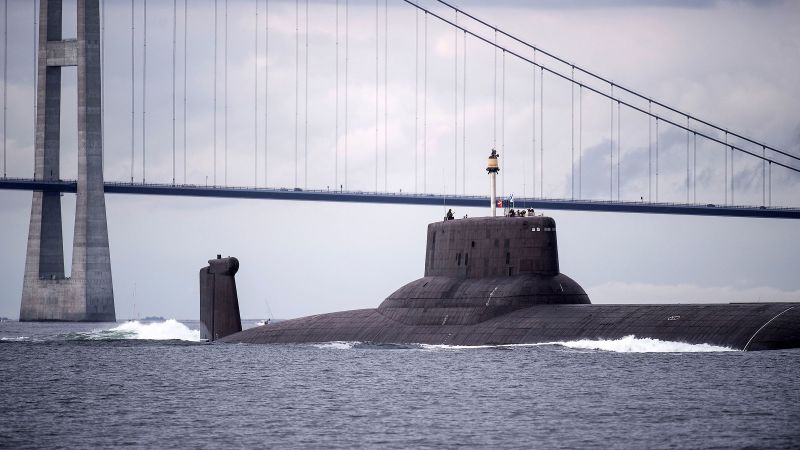The United States has noticed an increase in Russian military activity around vital undersea cables, which has raised concerns that Russia may be more inclined to carry out potential sabotage operations meant to disable a crucial part of the world’s communication infrastructure. Russia has been focusing on building up a dedicated military unit known as the “General Staff Main Directorate for Deep Sea Research” (GUGI), that deploys various naval assets such as surface ships, submarines, and naval drones. The US is worried about the heightened Russian naval activity around the world and believes that Russia’s strategy for damaging US and allied undersea critical infrastructure may be shifting.
The US closely monitors Russian ships that patrol near essential maritime infrastructure and undersea cables located far from Russian shores. The secretive Russian unit, GUGI, is reportedly continuing to develop naval capabilities for undersea sabotage, which has not been previously reported. Undersea cables play a critical role in facilitating internet and telecommunication traffic globally, with most communications traveling through a vast network of high-speed fiber-optic cables laid along the ocean floor. An attack on these cables could significantly disrupt private, government, and military communications, as well as impact industries like financial markets and energy suppliers. Additionally, undersea cables are used to transport vast amounts of electricity among European countries.
Russian naval activity around key undersea cables is closely monitored by the US and its allies, with reports of increased activity observed around the Baltic Sea. A joint investigation by public broadcasters from Sweden, Denmark, Norway, and Finland revealed a fleet of suspected Russian spy ships operating in northern European waters, potentially for sabotage purposes targeting undersea cables and wind farms. Similar threatening activity has been reported by Taiwanese and US forces in waters around Taiwan, indicating a pattern of targeted harassment by Beijing or preparation for severing Taiwan. Despite ongoing war in Ukraine, Russia continues to prioritize and fund the GUGI unit, showcasing the significance placed on undersea operations.
The US considers any sabotage of undersea infrastructure a significant escalation in Russian aggression outside of Ukraine, with concerns over potential misunderstandings and unintended escalation arising from the damage to critical undersea infrastructure. The US official expressed worries about the implications of damaging undersea cables, especially during times of heightened tensions, emphasizing the importance of protecting critical infrastructure. Russian military activity and surveillance over undersea cables and maritime infrastructure remain a point of concern for the US and its allies, as they continue to closely monitor and analyze such operations to ensure the security and reliability of global communications networks and infrastructure.














